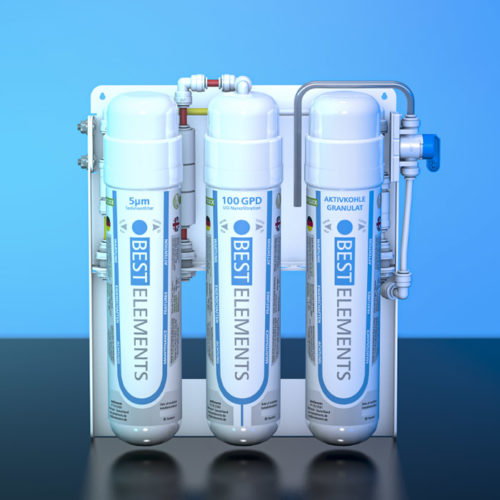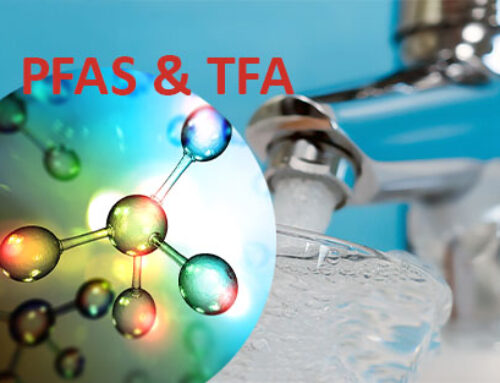Sperm quality in men is declining worldwide, reflected in reduced motility, deformities and lower sperm counts in semen. One reason for this is chemicals called endocrine disruptors (EDCs), which have negative effects on hormones. These chemicals, such as BPA, phthalates or PFOA, are used in many everyday products, but their impact on hormones is an unintended side effect. Many of these chemicals are already present in our environment and even in our drinking water. Even if certain substances are banned today, we can still ingest small amounts of the banned chemicals, which can then remain in our bodies for years.
EDCs: Adverse health effects
EDCs are widely used in pesticides, plastic toys, and food packaging. They now also get into the drinking water and thus into our bodies. Some EDCs affect the male hormone testosterone by blocking testosterone receptors. Although enough testosterone is produced, the cells cannot perceive it, which can affect the quality of the semen.
Studies also show that EDCs can cause damage in the womb. If an embryo has a male set of chromosomes, by the 6th week of pregnancy it will begin to produce testosterone itself, leading to the development of the penis and testicles. If the chemicals pass from the mother to the embryo via the umbilical cord, this can impair development.
The blocking EDCs can reduce fertility in both the short and long term. However, it is too bold to say that we will not be able to have children in the future. The effects of disruptors can vary, and some people are less sensitive. The long-term effects are therefore difficult to predict.
Although Europe has stricter guidelines for using EDCs, the problem is not easy to solve.



















